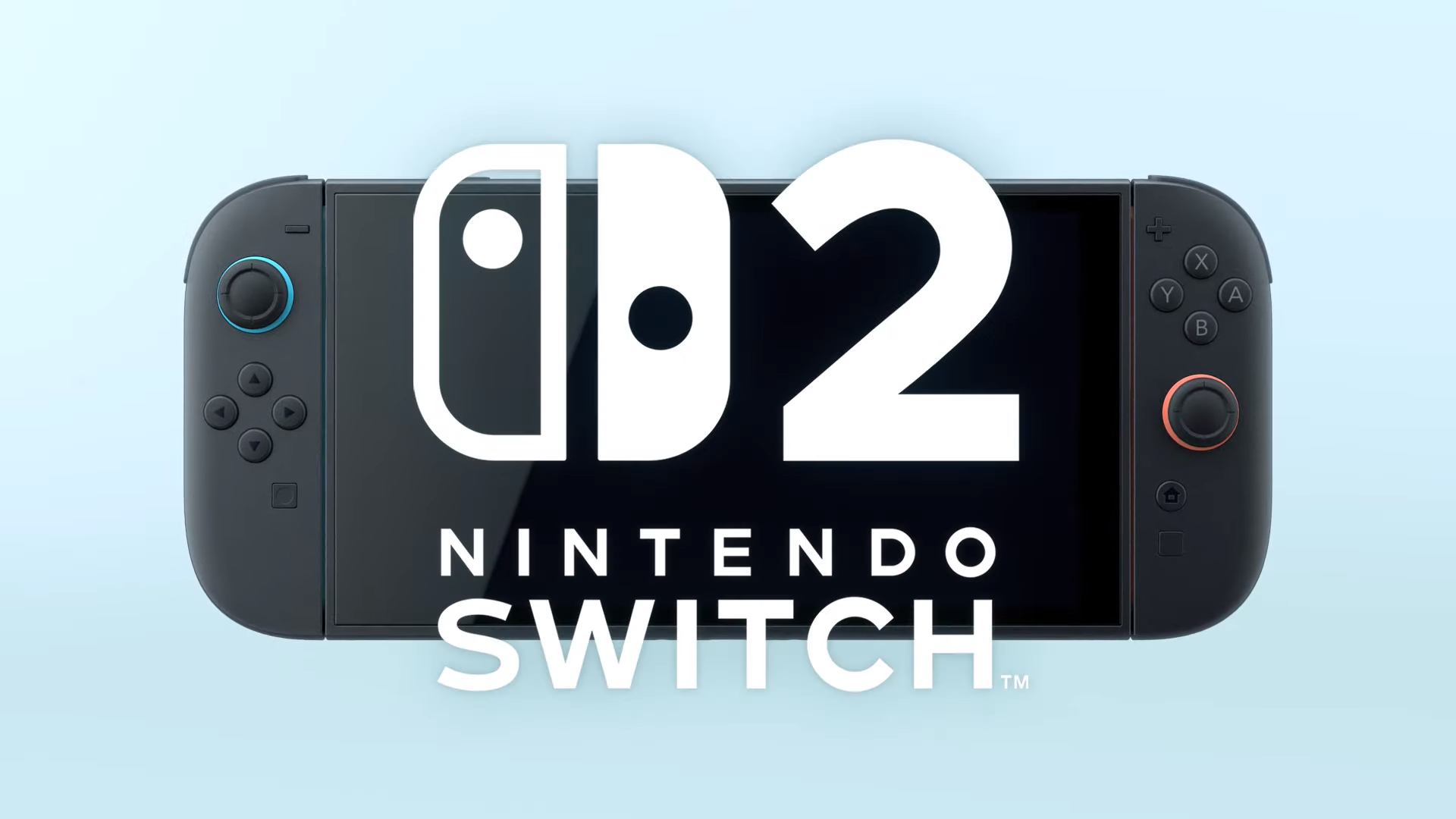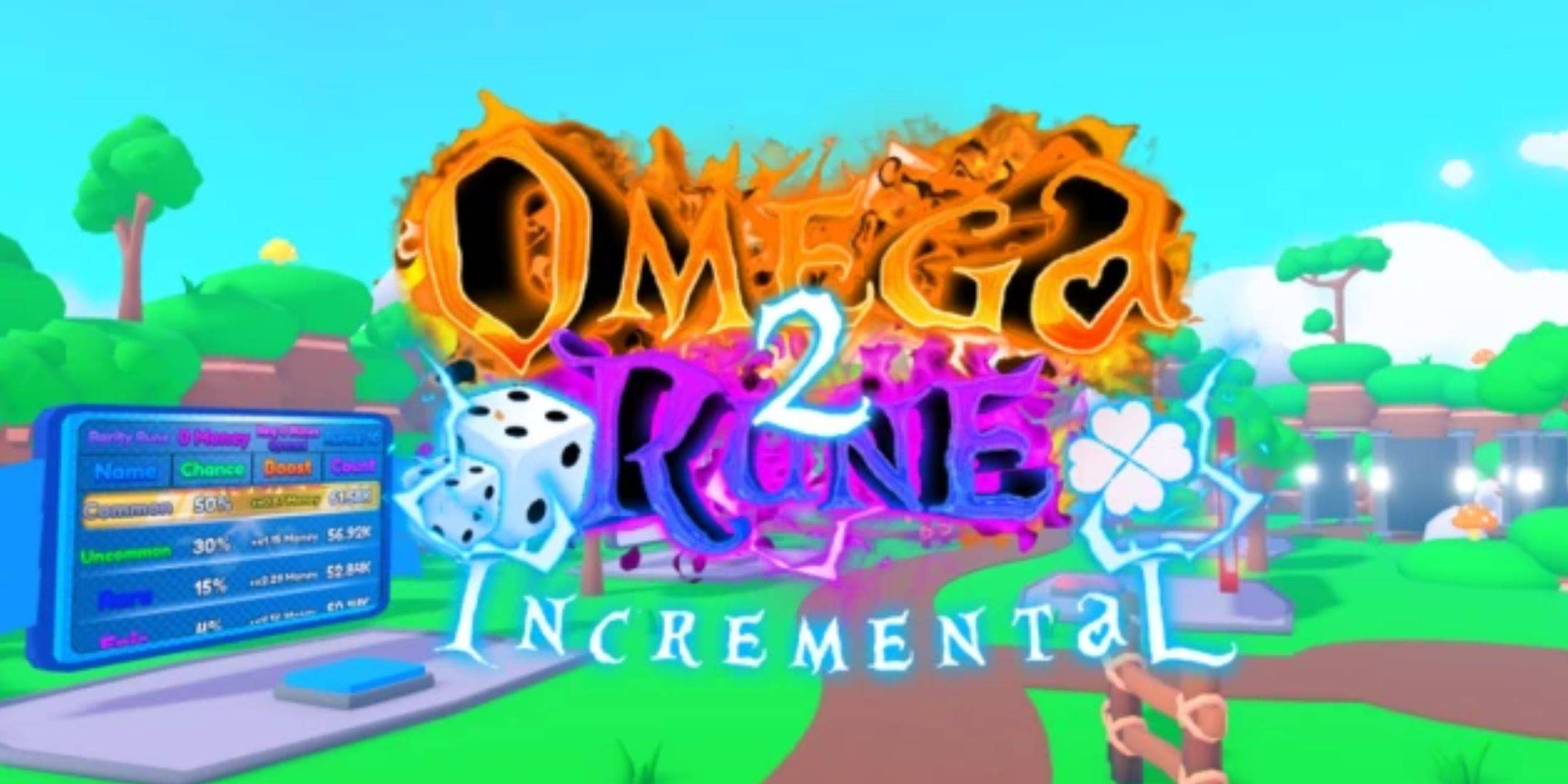"Remakes Key to Bethesda's Revival, Oblivion Shows"
- By Caleb
- May 03,2025
By Azura, by Azura, by Azura – the rumors were true. Yesterday, Bethesda set the internet ablaze by finally unveiling Virtuos’ remaster (or is it a remake?) of The Elder Scrolls IV: Oblivion. An ‘Elder Scrolls Direct’ event culminated in a surprise shadow-drop, instantly drawing hundreds of thousands of concurrent players. This moment of global excitement and celebration feels like a much-needed respite amidst the recent challenges faced by Bethesda Game Studios. From years of managing the fallout from the launch of Fallout 76 to the lukewarm reception of their new sci-fi universe, Starfield, fans have been questioning: Has Bethesda lost its magic touch? The competition in the RPG genre has intensified, with titles like Larian Studios’ Baldur’s Gate 3 and Obsidian’s The Outer Worlds series receiving critical acclaim and considered spiritual successors to Elder Scrolls and Fallout. While Elder Scrolls 6 and Fallout 5 may be years away, this re-release of Oblivion could be a promising step forward, albeit not in the direction one might expect.
At its peak, Bethesda Game Studios was a powerhouse in the RPG world. In 2020, leaked Microsoft FTC documents revealed that Fallout 4 had sold an impressive 25 million units to date, with over 5 million sold in its first week alone, according to VGChartz. By 2023, Todd Howard announced that Skyrim had surpassed 60 million sales, bolstered by numerous re-releases. In contrast, Starfield's sales estimates stand at just over three million units a year-and-a-half after launch. While Game Pass subscribers and the absence of a PlayStation version impact these numbers, they still represent a disappointing performance for Bethesda. Even the dedicated Starfield fanbase has expressed dissatisfaction with the game's first expansion, Shattered Space.
This situation presents a significant challenge for Bethesda. With The Elder Scrolls 6 still years away and Fallout 5 merely a rumor, the studio must find a way to rekindle its relationship with fans. The solution might just lie in revisiting its past.
Rumors of an Elder Scrolls IV: Oblivion remaster surfaced in September 2023, sparked by leaked Microsoft documents mentioning several unannounced Bethesda projects, including a remaster of the 2006 classic. The speculation continued until January 2025, when a former Virtuos employee leaked further details, creating a divide among Elder Scrolls fans akin to the Stormcloaks vs. the Imperials debate. Last week, the anticipation reached a fever pitch (albeit prematurely), setting the internet on fire. The term 'The Elder Scrolls IV: Oblivion' saw over 6.4 million Google searches, a 713% increase in the last week alone. At its peak, Bethesda's reveal livestream attracted over half a million viewers. Despite the leaks, or perhaps because of them, over 600,000 tuned in to witness the re-reveal of a 19-year-old game. The excitement for the remaster was so intense that it caused discount game key websites like CDKeys to crash, while Fanatical and Green Man Gaming struggled to keep up. As of yesterday, Steam reported 125,000 concurrent players, with the game topping the charts as the #1 best seller. The fervor for Oblivion among Bethesda fans is as intense as the flames emanating from the Oblivion gates themselves.
How can Bethesda recapture the hearts of its fanbase? The answer might lie in its storied past. The message from players is clear: if you (re)build it, they will come. What better way to keep fans engaged during these long development cycles than by inviting them to revisit the mystical lands of Morrowind or the post-apocalyptic ruins of the East Coast? From a business perspective, it's a smart move. While Bethesda's main team works on new, long-term projects, trusted partners like Virtuos can use existing blueprints to create remasters in shorter timeframes. These remasters have built-in audiences and often introduce new generations to the RPGs that defined their era. Revitalizing these classics also allows new players to immerse themselves in the rich worlds of Tamriel or emerge from the nuclear shadows into Las Vegas and D.C.
Bethesda has successfully leveraged its catalog before. During the first season of the Fallout TV series on Prime Video, Fallout 4 was discounted by up to 75%, accompanied by a timely next-gen update featuring nods to the show. As a result, Fallout 4's sales surged by over 7,500% in Europe alone, despite being nearly a decade old.
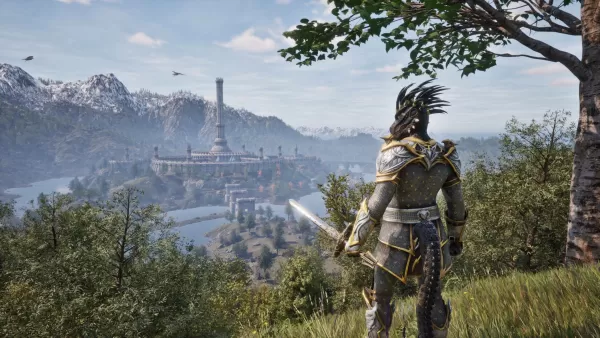 Oblivion Remastered offers a visit to the past that looks like the future. Image credit: Bethesda / Virtuos
Oblivion Remastered offers a visit to the past that looks like the future. Image credit: Bethesda / Virtuos
Looking back at Microsoft’s leaked Bethesda roadmap, a Fallout 3 remaster was slated to follow Oblivion two years later. While the timelines have shifted – Oblivion was initially set for fiscal year 2022 – if the original intervals hold, a Fallout 3 remake might be expected in 2026, conveniently aligning with the second season of Fallout. Given the show's shift to New Vegas, and Bethesda's early talks with showrunners Graham Wagner and Geneva Robertson-Dworet, could a surprise New Vegas remake be in the works? The synchronization between the first season of the show and Fallout 4's aesthetic suggests that Bethesda might have more tricks up its sleeve for the New Vegas-focused second season. After shadow-dropping Oblivion, it's not out of the question that a New Vegas Remastered trailer could be waiting at the end of Fallout Season 2's finale.
The message from players is clear: if you (re)build it, they will come. However, if there's one game in Bethesda's library that truly deserves a remake, it's The Elder Scrolls III: Morrowind. Fans have been clamoring for this for years, with some even using Skyrim's tools to remake Morrowind, as seen in projects like Skyblivion. Yet, Morrowind poses unique challenges for a remake. It represents a transitional phase in Bethesda's development, built differently from the modern Elder Scrolls games. It's only partially voiced, with much of the story delivered through text, no quest markers (players must manually note directions from NPCs), and lacks combat physics. While Virtuos managed to update some of Oblivion's clunkier systems, Morrowind is fundamentally a more complex beast. Its charm lies in these very systems, but they also make it difficult to modernize. Remaking Morrowind is a delicate balance – too much modernization could strip away its unique magic, while retaining too many outdated mechanics might alienate new players, leaving them feeling worse than an intense skooma hangover.
When a studio becomes synonymous with a gaming genre, the challenge is to innovate while retaining its audience. Rockstar Games has managed this with Grand Theft Auto through the expansive world of GTA Online, which supports the rumored massive budget for GTA 6. Bethesda, however, thrives on creating richly detailed, single-player worlds, unlike the multiplayer-focused Elder Scrolls Online and Fallout 76. The overwhelming response to Virtuos’ Oblivion remaster shows that gamers are eager to revisit Bethesda's storied past. While not every remaster guarantees success – as seen with Rockstar's GTA Definitive Editions – a well-crafted remaster of a beloved classic could be the key for Bethesda to regain its footing as the king of modern RPGs.
Latest News
more >-

-
- Cardinals Watch Conclave Ahead of Key Event
- Feb 15,2026
-
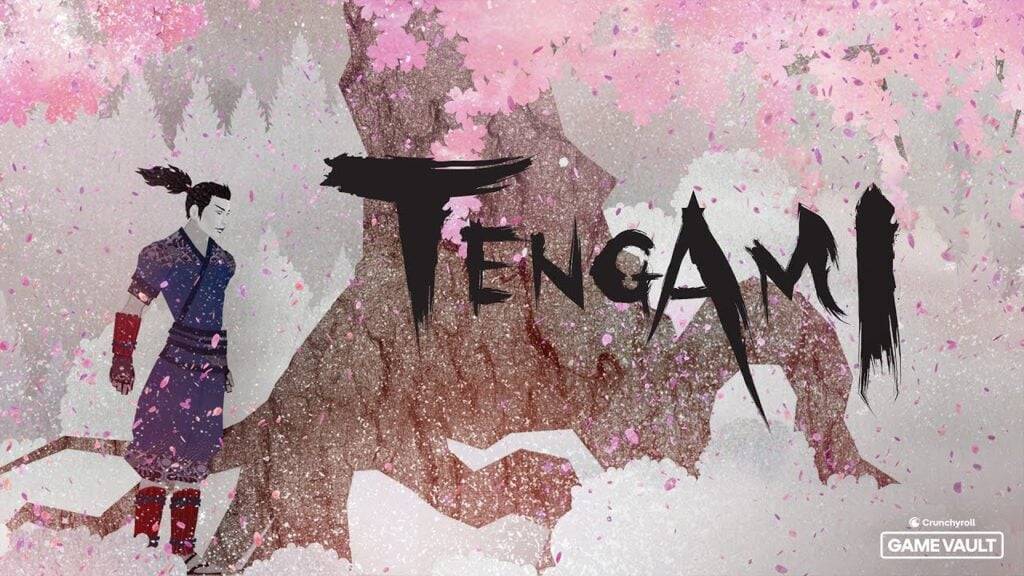
-

- Xbox Controller Gets a Major Upgrade
- Feb 13,2026
-
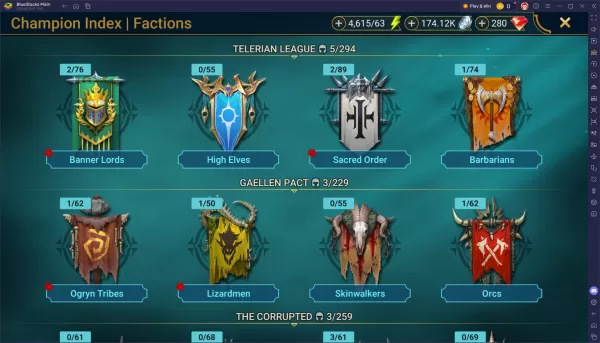
- Top 2025 Faction War Champions in Raid
- Feb 12,2026


